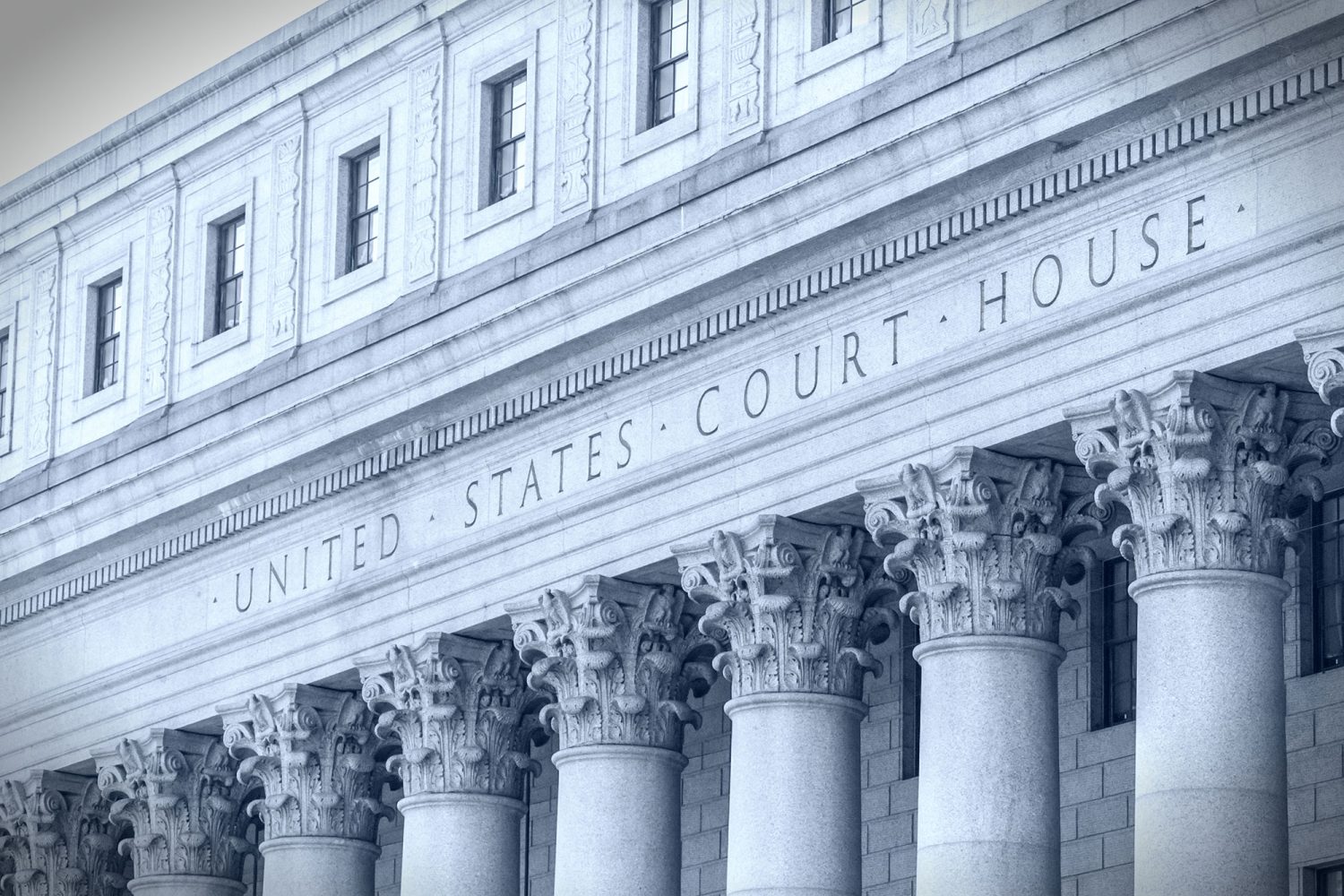Federal Whistleblowers: Good Deeds Rewarded
Federal Whistleblowers: Good Deeds Rewarded
by Christopher Warren and Todd Kulkin
Whistleblowers—informants in government investigations—are instrumental in revealing crimes and misconduct that otherwise may never come to light. In the securities industry, whistleblowers are a frequent source of information for regulatory agencies and are often the lynchpin of successful government investigations, both state and federal. Whistleblowers take great risk when they “blow the whistle,” however, with proper guidance they can mitigate that risk and reap monetary rewards when they assist in a successful investigation.
The Evolution of Federal Whistleblower Laws
The False Claims Act, also known as the “Lincoln Law”, passed Congress in 1863 to combat and prevent the rampant fraud plaguing the Union army during the Civil War. The FCA still serves as the ultimate basis for prosecuting those who defraud the U.S. government. It details fraudulent actions (or “false claims”) such as underpaying the government, providing inadequate goods or services, and attempting to unlawfully keep federal funds, and imposes hefty civil monetary penalties and damages on the offender in addition to making them liable for costs of prosecution.
To encourage individuals to come forward with information (or “blow the whistle”), the FCA introduced hefty awards and protections against employer retaliation (e.g. harassment, suspension, termination) for doing so. Importantly, the FCA includes a qui tam provision, meaning that when the government is presented with a whistleblower’s information and declines to prosecute, they may continue to sue separately—on the government’s behalf. If successful, individuals usually receive a higher reward following this route. In 1986, Congress’ amendments to the FCA included raising the maximum award amount and making employer retaliation a distinct, suable offense. Importantly, these amendments allow state governments to prosecute if the federal government declines to, while the whistleblower retains credit for continuing to prosecute.
In 2002, in response to the infamous scandals carried out by Enron, WorldCom, and Tyco, Congress passed the Sarbanes-Oxley Act. This legislation was an important step for transparency in market regulation. For example, under Sarbanes-Oxley, destruction or falsification of records carries a prison sentence in addition to penalties and fines, it requires firms to hire independent auditors to review their financial reporting, and it establishes the Public Company Accounting Oversight Board to oversee the accounting industry. For whistleblowers, Sarbanes-Oxley solidified anti-retaliation measures already in place by ensuring employers could not change the terms of a whistleblower’s employment contract, terminate their employment, etc., as a result of reporting fraud.
A whistleblower today might still report fraud to the SEC under the Sarbanes-Oxley Act. In order to do so, he would have to file a complaint through the U.S. Department of Labor. He would not be able to bring a lawsuit in federal court. He also faces a shorter statute of limitations and a smaller reward than if he reported under the Dodd-Frank Act, passed by Congress in 2010.
Dodd-Frank was put into effect after the Great Recession revealed widespread nefarious activity in some of Wall Street’s top firms. Congress wanted to smash fraud—for would-be whistleblowers in the SEC’s sphere, this meant a great deal. Any natural person is eligible to receive a reward under Dodd-Frank—whether the violations they report are merely plausible or material in nature. Whistleblowers under the act are not required to be U.S. citizens, or even to work at the company whose violations they are reporting.
Whistleblowing Can Be Rewarding
A recent change in Dodd-Frank grants whistleblowers whose awards total under $5 million the statutory maximum amount allowed, while those whose awards surmount $5 million remain eligible for 10-30% of recovered funds, at the SEC’s discretion. Between the months of September and October 2020 alone, the SEC’s Office of the Whistleblower reported six cases in which it awarded between $250,000 and $2.5 million. Of the three others, one whistleblower earned $10 million, another $30 million, and recently—the highest award on record—a stunning $114 million.
How Warren Law Group Helps Whistleblowers
While the securities industry continuously changes at break-neck pace, opportunities abound for fraud, malfeasance, and white-collar criminal activity by unscrupulous actors, which can majorly affect innocent investors. Whistleblowers bring the highest level of transparency by reporting wrongdoing from within; they widen the window on otherwise difficult-to-open cases so that justice may be served. The attorneys at Warren Law Group have represented whistleblowers, worked to bring their information to light, protected them from retaliation, and ensured the appropriate receipt of whistleblower awards.
If you have knowledge of fraud, regulations violations, or other misconduct, call us at (888) 954-7687 or email info@warren.law for a free consultation. You can trust WLG’s experienced legal team to handle your matter with professionalism, familiarity, and the personalized attention that you deserve.
